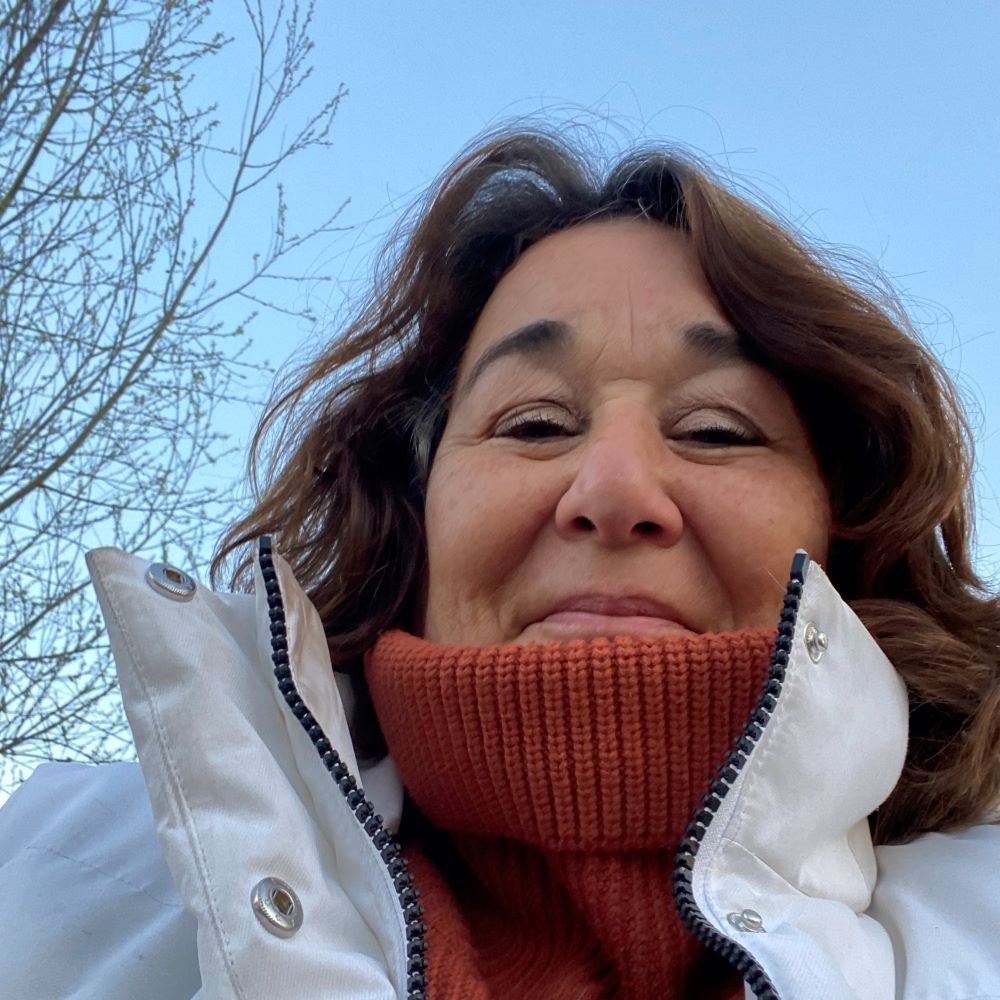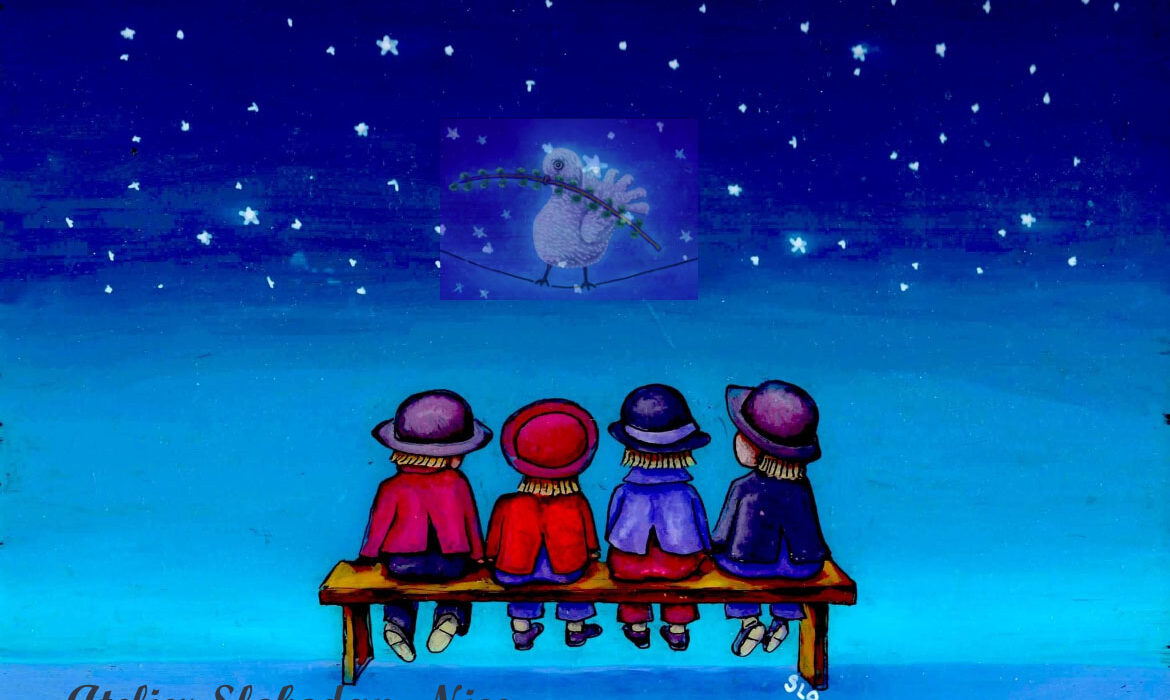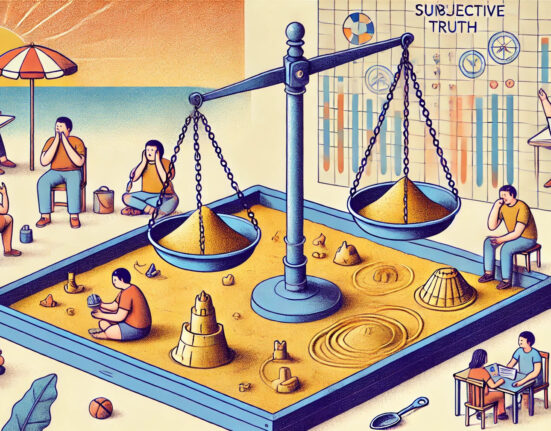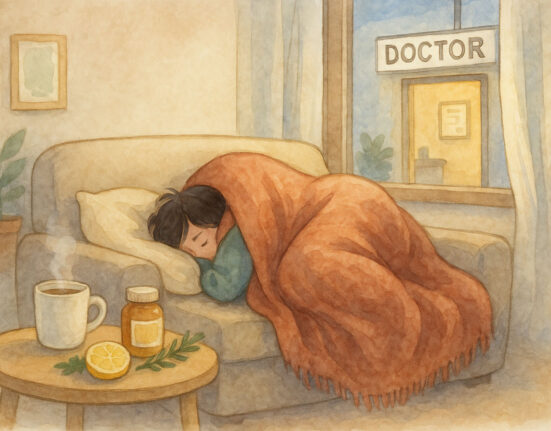‘Sharing the Dove’ is a Dutch initiative by four young people with Jewish and Muslim backgrounds. Their aim is to keep the dialogue open and transcend differences. They give workshops in schools and last week they brought together two rabbis, two imams, a Dutch priest and a Syrian Orthodox bishop for an open dialogue about how difficult, yet essential it is to keep hearing each other’s voices.
‘Sharing the Dove’ was set up by Noa, Oumaima, Selma, and Boaz in October last year, and they are truly symbols of hope for the future. They show us how to transcend our fears of ‘the other’ and find a healing context of understanding and progress. At the same time, in another corner of the world, a politician withdraws from a speaking engagement at a university, because the student body has condemned her free speech bill, and she is afraid of the consequences.
As I contemplate these two scenarios, I begin to ask myself if we can draw a parallel with a developmental psychological mechanism where we relegate certain self-parts to the shadows of our unconscious.
The infant struggle for survival and onwards
Newborns are like little bundles of pure survival. We cry to be fed, held and sheltered. Gradually we extend our repertoire with smiles, flirting, and acquiescing. Our survival is directly related to our ability to persuade our caregivers to look after us. In the first months purely physically, but at later stages also psychologically.
You see this clearly in Edward Tronick’s so called still face experiment. After interacting with the infant as normal, he then asks the caregivers to keep their faces as still as possible. After just three minutes the infant grows anxious and her heart rate increases as she throws smiles, frowns, tears and ultimately screaming anger into the mix. Anything to elicit a response.
As we are growing up, we are constantly monitoring the golden rules of belonging. Because at every stage in our development, belonging is more important to our survival than being whole.
In my core family showing your anger was seen as being shameful, in another it may be exercising your will. Or yet others, humility is the golden rule or being thrifty. Thus, the self-parts that carry self-assertion, self-control, success and generosity respectively, are fearfully and shamefully split off in return for our belonging.
Becoming whole again means reliving the fear and the shame
Not being allowed to show my anger as a child, I identified with being the ‘wisest one’, the peacemaker. But it also made me ill equipped to maintain healthy boundaries and stand up for myself where appropriate. In my early thirties I began to acquaint myself with this shadowy self-part, and reexperienced the fear of rejection. With the support of my wise Counsellor, I was able to understand that I would, even if rejected by my core family, still be able to survive.
Then, once I began to be more assertive, Shame stepped in, trying to put the assertion genie back into the bottle. Your anger will end up killing someone, it whispered. And in the case of the other examples, it may have said, you’ll be controlling like your dad, you’ll become arrogant, and everyone will hate you, you’ll be shamed for ending up penniless if you are no longer thrifty.
While we may understand rationally that this is not true, our survival mechanism did not hide these traits for the fun of it, and so a return to active awareness needs careful facilitation and negotiation. Why bother, you might ask. Why not leave well enough alone?
Because it doesn’t work. Our cancelled self-parts don’t stay put. They don’t stay silent. The more they are repressed, the harder they shout back. And the psychological energy needed to keep them repressed is huge. Like keeping a rubber ball under water. Which brings me to Cultural complexes.
Cultural Shadows
Because here is the clearest parallel with the need to block out entire groups of people whom we feel are a threat to our inner peace and harmony; leading to cancel culture, polarisation, and ultimately war. According to Tom Singer, co-founder of Mind of State, cultural complexes drive societal behaviour on an unconscious level, making large groups function as a single psyche. It might then be argued, that just like with our individual complex, a group’s cultural complex will use the mechanism of the Shadow to rid itself of perceived unwanted threats to the group’s cohesion. The more we try and sanitise our environment from everything that doesn’t agree with our worldview, the more threatening it becomes and the greater the communal shame if we engage in dialogue. Which makes Noa, Oumaima, Selma, and Boaz such heroes in my eyes!
The greatest gift from working with the Shadow, be it internal/individual or external/cultural, is the development of an ego-strength that allows you to feel, transcend and integrate fear and shame. You can then choose your ‘doing’ in the world freely and wisely from moment to moment, from the wholeness of your being.
The founders of Share the Dove are clearly on the right path. Whereas the students who threatened the politician into withdrawing from, what would rapidly become a very one-sided debate, are clearly not there yet. What is the difference?
Developing an individual moral compass is hard
I believe that increased psychological awareness of good enough parenting has led to post Boomer generations with more ego-strength. They carry less authoritarian baggage that they need to rebel against, and perhaps also fewer core-family shadows. I notice how my younger clients see me as a useful instrument in their process of becoming, rather than the last resort when all else has failed. Sadly, this positive development is being countered by the phenomenon of social media, which seems to have taken over the old divisive parental voice, resulting in polarised ‘us and them’ thinking and trapping our youngsters in algorithmic rabbit holes.
Not all of them are drawn in, but if you don’t have much individual ego-strength, then you may seek the security of groupthink to feel safe in a rapidly changing world. Because it is really hard to think for yourself and to develop your own internal moral compass, moment by moment.
And so the developmental fear of non-belonging has shifted from the internal to also include the external and become a socio-cultural phenomenon. We are living in a socially transformative time, where the old hierarchal structures are making way for more inclusive horizontal or systemic structures. And as always in these messy stages of transition, hierarchical elements creep into the new horizontally organized groups, as well as comparisons with other islands of thinking.
These groups, these cultural complexes, are like the self-parts of the collective ego or personality self. Now entire social groups are split off, just like self-parts, and relegated to the societal shadows. And because this process is no longer happening in the dark recesses of our individual psyches, but right out there in the open, the shame and the fear of being outcast becomes all the more threatening.
How to move forward
The challenge ahead, led by such wise youngsters as the founders of Sharing the Dove, is to develop society’s ego-strength, allowing us to listen to all views, while maintaining an inner balance. Much as in therapy we need support to ‘hear’ the voices of our ostracized selves, these wise youngsters show us the way to do this as a collective. They know that listening to the subjective truth of another person does not rob you of yours. Instead, it opens the field for dialogue, for a context in which we can reach across the divide without fear and without shame.
Let me therefore end with their words, quoted from their website. “We have joined forces to take a stand against polarisation, anti-Semitism and the hatred of Muslims, online and offline. We have been able to have a conversation about this difficult subject first amongst ourselves and it has brought us many beautiful things. That’s how we found support and understanding for each other and we want to share this with other young people at a time when it is most desirable and necessary.”
Listen to this article:
Lysanne Sizoo, international Mental Health specialist
With over two decades of experience, Lysanne Sizoo specializes in assisting expatriates, international professionals, and global nomads facing mental health challenges. Her professional journey has taken her to the United Kingdom, Sweden, New Zealand, and the Netherlands. In 2023 she relocated from Holland back to Stockholm for the second time around and meets clients both online and in her office on Södermalm.
Living away from one’s native country comes with its unique set of psychological hurdles, alongside the everyday ups and downs of life. This holds true for global nomads, cross-cultural adults, and children alike.
In these articles Lysanne writes about the different challenges that face us in life, as expats and as ordinary human beings. She uses her own experience as a jumping off point for reflections on how to use the lessons from therapy to live a more contended and congruent life.
If you have specific topics or issues that you’d like Lysanne to explore in her articles, please reach out via the contact form on this website or directly through her personal website. Rest assured, your privacy and confidentiality will be upheld.













